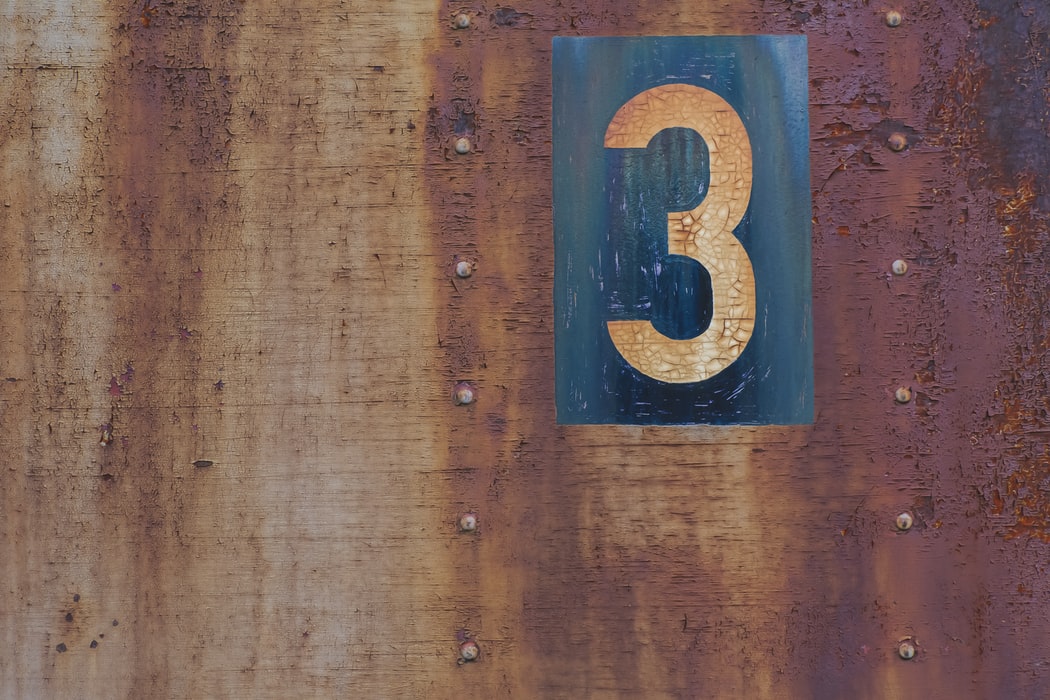
The nightmare discovery of home sick home
___
Published Date 4/26/2023
Are you sick of your home? No. Not tired of it. Does it actually make you sick?
Realtor’s Kathleen Willcox says that if home is where the heart is, it’s a nightmare scenario when it’s your house that is making you more than heartsick. She cites the U.S. Department of Health and Human Services, saying, “There is often a definitive link between a person’s home and a person’s health, with many factors influencing the degree and substance of the effect.”
The air you breathe inside your house has everything to do with it. “How a home is designed, constructed, and maintained directly affects the quality of the air and water in the house, and the chemicals and potential molds it harbors,” says Willcox. “Structural and safety features—or their absence—can also contribute to everything from an increased risk for injuries to asthma—and even cancer.”
It’s more than simply installing smoke detectors and carbon monoxide monitors, however. Willcox tells the stories of three homeowners who learned the hard way that their tales of illness were not psychosomatic, as many around them may have assumed.
Colorado resident Jennifer Pillari had to join the nationwide lockdown in March 2020. But it was soon thereafter that her health took a nosedive, and it wasn’t the virus that caused it. “I began to collect an inexplicable range of health symptoms: joint pain, frequent urination, rashes, brain fog, panic attacks, digestive issues, and insomnia,” Pillari says. “My hands were actually stuck like claws, and I couldn’t make fists. I ultimately had to take the doorknob off between my house and garage so I wouldn’t become a prisoner in my own home. I was initially misdiagnosed … with a variety of autoimmune diseases: multiple sclerosis, rheumatoid arthritis, gout, Hashimoto’s thyroiditis.”
Because nothing was working to make it all go away, her doctor ordered another test. This time, the mycotoxin test “showed extremely elevated levels of Ochratoxin A, a toxic secondary metabolite produced by Aspergillus mold.” At first, she dismissed the possibility of mold caused by water damage because she’d been told her home received a top-to-bottom remodel right before she purchased it. But once she found herself bedridden with a kidney infection some months later, she finally discovered that a slow roof leak has actually caused a mold buildup.
Once she left her house her symptoms went away. “I am 90% better most days, unless I am re-exposed to mold or other water-damaged building toxins,” she says, after legally going after the parties responsible for maintaining the roof of the home.
Liz Sweeney and her family were Idaho renters. She, her husband and their child at first dismissed their nascent health issues. “My husband always had bad allergies, so we thought the progression of allergies to asthma was because of his family’s history of ‘bad lungs,’” Sweeney says. “When my daughter was born and had to use an inhaler from the time she was a baby, we thought she also inherited bad lungs. She would sneeze and cough uncontrollably at home—but we discovered she was much more comfortable at school.”
Already using mold inhibitors in their bathrooms because they didn’t have vents, they added air filters in their bedrooms. But nothing seemed to help. By then they were spending $300 every six weeks on asthma medication. When she mentioned her concern about black mold to their landlord, she got reassurances that it would be looked into, but it wasn’t. So they moved.
“Within a month of living in our new home, just two miles away, all the medical issues disappeared,” Sweeney says. “Zero asthma attacks. Sneezing and coughing fits vanished. We haven’t bought inhalers since—so we’re saving about $2,600 a year. It’s been eight years, and I wonder how the family that moved in after us is faring.” As for recouping the thousands of dollars they spent on medication and treatment, Sweeney decided to let it go. “We didn’t have proof until after we moved that it was the house that caused the issues—so we didn’t have any recourse,” she said.
Something seemed immediately wrong after Matthew Sanchez and his family moved into a new home in Florida. “My family and I experienced a variety of health issues, including respiratory problems, headaches, and skin irritation,” Sanchez says. “We didn’t discover the source of our health problems until we had our home tested for indoor air quality. Mold, volatile organic compounds, and other pollutants were found in high concentrations. We took immediate action to address these issues, including mold remediation, ventilation improvements, and the replacement of some of our household products with nontoxic alternatives.”
In all these scenarios above, mold and unhealthy air quality were responsible for making the home inhabitants sick. But indoor mold is not uncommon in many American homes. San Francisco-based attorney Anderson Franco says, “Mold spores are everywhere, but it becomes a problem when there is excess moisture. A bathroom or kitchen without proper ventilation can lead to moisture buildup.” He would also agree that if you suspect that your existing home is making you sick, you should take action sooner rather than later.
“The most important step in resolving the issue is identifying where and why the mold exists,” Franco says. “If the ventilation is inconsistent with building code requirements, then the landlord or builder could be held liable. However, if the tenant or homeowner never runs the fan or opens the window, then the excess moisture buildup can be tenant-made.”
As for mold removal or remediation efforts being covered by insurance, it is one of the more complex categories of your homeowners’ insurance policy because the root cause is hard to track down, making filing a claim difficult. Before signing any policy, research the types of mold growth covered by your insurer. If it was caused by neglect or damage that occurred before you purchased your home, it will never be covered, so be sure to conduct a thorough inspection of your new home before buying.
Realtor, TBWS
All information furnished has been forwarded to you and is provided by thetbwsgroup only for informational purposes. Forecasting shall be considered as events which may be expected but not guaranteed. Neither the forwarding party and/or company nor thetbwsgroup assume any responsibility to any person who relies on information or forecasting contained in this report and disclaims all liability in respect to decisions or actions, or lack thereof based on any or all of the contents of this report.


Jonathan Caguioa
Mortgage Advisor
NMLS: 250609 / DRE 01137630
Allianze Mortgage Services
15820 Whittier Blvd. Suite G, Whittier CA 90603
Company NMLS: 346138 / DRE 01403147
Office: 949-241-2527
Cell: 949-241-2527

Jonathan Caguioa
___
Mortgage Advisor
NMLS: 250609 / DRE 01137630
Cell: 949-241-2527
Last articles
___

The September Consumer Price Index came in hotter than expected
10/10/2024
The headline September Consumer Price Index (CPI) was up 0.2% versus 0.1% on a M... view more

Navigating the Minefield of Inherited Property
10/4/2024
In many ways it may have been a blessing that you were not an only child. In oth... view more

Three things that could impact rates this week
9/30/2024
These are the three areas that have the greatest ability to impact rates this we... view more
 Allianze Mortgage Services
Allianze Mortgage Services
